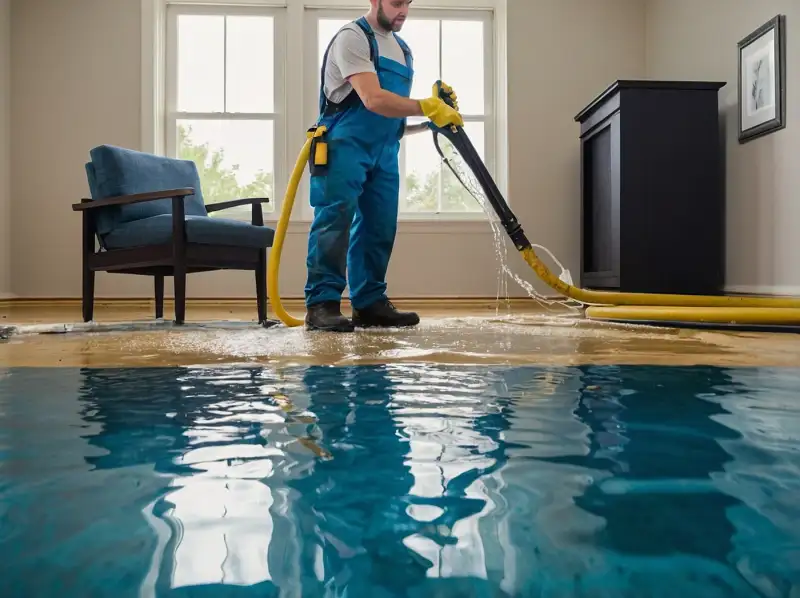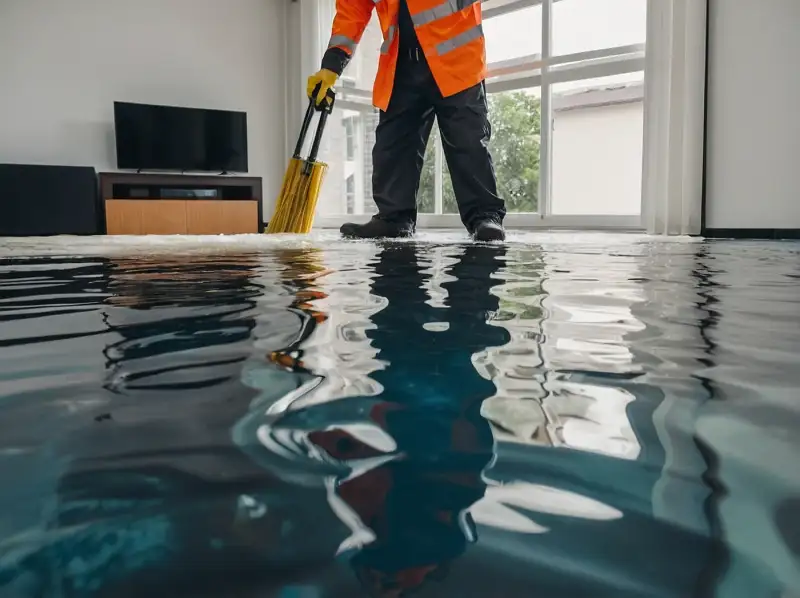
28
Aug
Professional Water Damage Restoration in Collin County
Water damage can feel overwhelming, especially when it affects your home or business. As someone who started my journey in the restoration industry, I know firsthand how crucial it is to act quickly. In this post, we’ll explore the ins and outs of water damage restoration specifically tailored for residents in Collin County.
Understanding Water Damage in Collin County
Water damage can come from various sources, including heavy rains, burst pipes, or even malfunctioning appliances. In Collin County, with its unique weather patterns and diverse properties, being prepared for such events is critical. Understanding the types of water damage is the first step:
- Clean Water Damage: Typically from rain or broken pipes, clean water can still lead to significant issues if not addressed promptly.
- Gray Water Damage: This type involves water that may contain contaminants, such as from washing machines or dishwashers.
- Black Water Damage: The most severe, this includes sewage or floodwater, posing serious health risks.
The Importance of Timely Action
In my experience, prompt action is essential when dealing with water damage. Every moment counts; the longer water sits, the more damage it can cause. If you notice any signs of water damage in your property, such as peeling paint, mold growth, or a musty odor, don’t hesitate to contact our restoration experts.
Initial Steps After Water Damage
If you find yourself facing water damage, here are the immediate steps you should take:
- Ensure Safety: Before doing anything, ensure that the area is safe. Turn off electricity and avoid standing water.
- Document the Damage: Take photos and notes for insurance claims. This will help your claim process go smoother.
- Remove Standing Water: If safe, use a wet/dry vacuum to remove standing water. The quicker you remove it, the less damage you’ll incur.
- Contact Professionals: Reach out to a professional restoration service like ours to handle the situation effectively.
Why Choose Professional Water Damage Restoration?
While some may consider handling water damage on their own, the expertise of a professional restoration service can’t be overstated. Here’s why:
- Advanced Equipment: Professionals use specialized equipment that can detect hidden moisture and extract water efficiently.
- Expertise: Restoration experts, like our team in Collin County, have the training to handle various types of water damage and know how to mitigate further risks.
- Mold Prevention: One of the significant risks following water damage is mold growth. Professionals can effectively dry out areas and apply preventative measures to avoid future issues.
Local Collin County Considerations
Living in Collin County means dealing with specific environmental factors, such as seasonal storms and humidity levels that can exacerbate water damage issues. Areas like Plano and Frisco have seen their share of flooding, making it essential for local residents to be proactive. By understanding these local nuances, you can better prepare yourself and your property for potential water damage.
Insurance and Water Damage Restoration
Understanding your insurance coverage is crucial when dealing with water damage. Many homeowners’ policies cover specific types of water damage, but it’s essential to review your policy carefully. If you have questions about how your insurance can assist with your restoration efforts, our team can help guide you through the process.
Final Thoughts: Your Fresh Start Awaits
Water damage can happen to anyone, but with the right information and support, you can navigate these challenges effectively. Remember, if you find yourself in need of help, our team is ready to provide professional water damage restoration services tailored for Collin County residents. Don’t wait until it’s too late—reach out to our restoration experts today for a Fresh Start!
For more information on our services, visit our service areas page to see how we can help you and your neighbors in Collin County, Plano, and Frisco.



